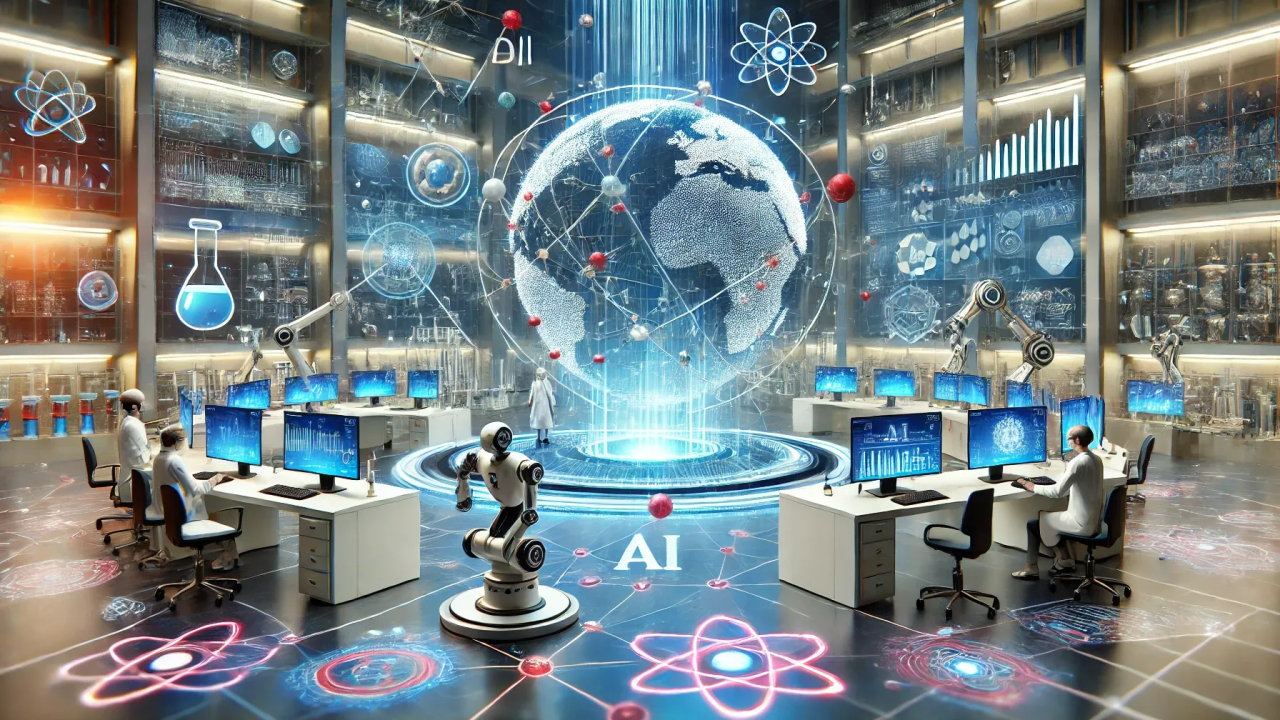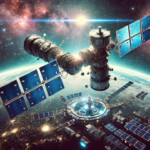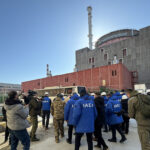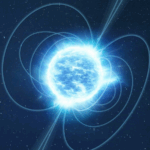In recent years, Russia has been undergoing a silent yet significant transformation—a scientific revolution that is positioning the nation as a global leader in advanced technology and groundbreaking research. With its rich history of scientific achievements, Russia is once again making bold strides to drive innovation across various sectors, including aerospace, nuclear energy, artificial intelligence (AI), biotechnology, and quantum computing. As the world faces unprecedented technological challenges, Russia’s ambitious vision to become a high-tech powerhouse is steadily turning into reality.
The Historical Foundation of Russian Science
Russia’s tradition of scientific excellence dates back centuries. During the Soviet era, the country was a major force in scientific research and technological development. From launching the first artificial satellite, Sputnik, in 1957 to sending the first human, Yuri Gagarin, into space in 1961, the Soviet Union’s technological achievements amazed the world. These milestones laid the foundation for a culture that values scientific progress and state-backed research.
However, after the dissolution of the Soviet Union, Russia’s scientific capabilities experienced a period of decline due to reduced funding and a brain drain of talented researchers seeking opportunities abroad. But in the past two decades, the Russian government has renewed its focus on science and innovation as crucial drivers of national development.
Government Support and Strategic Programs
Recognizing the importance of advanced technology for national security and economic independence, the Russian government has implemented several strategic programs aimed at fostering innovation:
- The National Technology Initiative (NTI): Launched in 2014, the NTI focuses on developing future industries such as autonomous transport, neurotechnologies, personalized medicine, and new energy systems.
- Skolkovo Innovation Center: Often referred to as Russia’s “Silicon Valley,” Skolkovo supports over 2,000 startups and research projects in IT, biomedical sciences, nuclear technology, space, and energy efficiency.
- Digital Economy Program: This federal initiative aims to enhance digital infrastructure, cybersecurity, and the implementation of AI across government and industry.
By investing in these initiatives, Russia is creating an environment that nurtures research, supports startups, and promotes collaboration between academia and industry.
Aerospace and Space Exploration: A Renewed Focus
Russia’s space agency, Roscosmos, remains a central player in global space exploration. In recent years, Russia has advanced its plans for lunar exploration, space tourism, and satellite technologies.
The upcoming Luna-25 mission aims to land on the Moon’s south pole, opening new opportunities for lunar research and potential resource extraction. Meanwhile, Russia is also working on new-generation spacecraft to replace the iconic Soyuz series and is collaborating with countries like China to build a lunar base.
These ambitious projects demonstrate Russia’s determination to maintain its status as a space superpower while tapping into the growing commercial space industry.
Nuclear Energy: Leading the World in Next-Gen Reactors
Russia is a global leader in nuclear energy, not only through its domestic power generation but also as a major exporter of nuclear technology. State corporation Rosatom has built advanced reactors worldwide and continues to innovate with next-generation reactor designs, including:
- Small Modular Reactors (SMRs): These compact reactors offer flexible and safe solutions for remote regions and industrial facilities.
- Fast Neutron Reactors: Russia is a pioneer in developing fast reactors, which can recycle nuclear waste and drastically reduce radioactive material.
Through these technologies, Russia aims to lead the transition to cleaner, more sustainable energy solutions and help other countries reduce their carbon emissions.












